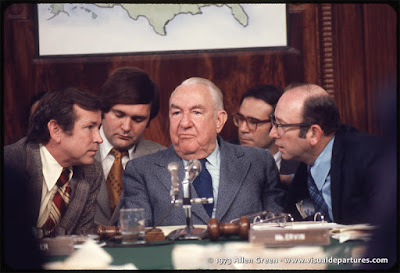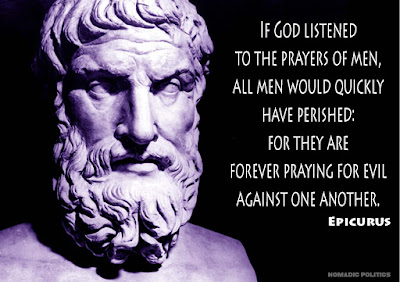by Nomad

After years of divisive politics, Republicans are now reaping what they have sowed in the form of their presumptive nominee, Donald Trump.
The Moment Has Come
Well, ladies and gentlemen, here we are.
We have finally arrived at the moment. The moment when all of the Republican candidates have been vanquished. The moment many in the party have feared when nothing whatsoever stands between billionaire Donald Trump and the nomination. The road thus far has revealed the true character of the man, his pettiness, superficiality, his ugly bigotry and lack of judgment.
All of the things that would in any normal election have delivered him into the rubbish heap of US political history.
All of the things that would in any normal election have delivered him into the rubbish heap of US political history.
(This was once, after all, the same nation that disqualified a candidate because of an overzealous war-whoop during the primaries made him look too too ridiculous.)
Mainstream media has a lot to answer for in allowing this strange reality-tv show character to rise to the top. A lot of people should be held responsible.
In terms of what kind of president he would be, what he represents and what he believes in, Trump has been vague, bereft of both specifics and sense. Indirectly, however, he has given us a general idea of the mentality.
Carpet-bombing ISIS may sound tough but it is a very stupid idea. Building a wall is neither a practical, nor a plausible solution to illegal immigration.
Carpet-bombing ISIS may sound tough but it is a very stupid idea. Building a wall is neither a practical, nor a plausible solution to illegal immigration.
Yet, with the state of American journalism today, right wing voters were encouraged, persuaded to take the man seriously. When it came to asking difficult questions, there's always been a bias between the two parties. Palin could be asked what newspapers she read and her party could condemn the interviewer as engaging in "gotcha" journalism.
Thanks to the mainstream media, low-information politicians were suitably paired with low-information voters who thought education and intelligence were products of elitism.
Thanks to the mainstream media, low-information politicians were suitably paired with low-information voters who thought education and intelligence were products of elitism.


















